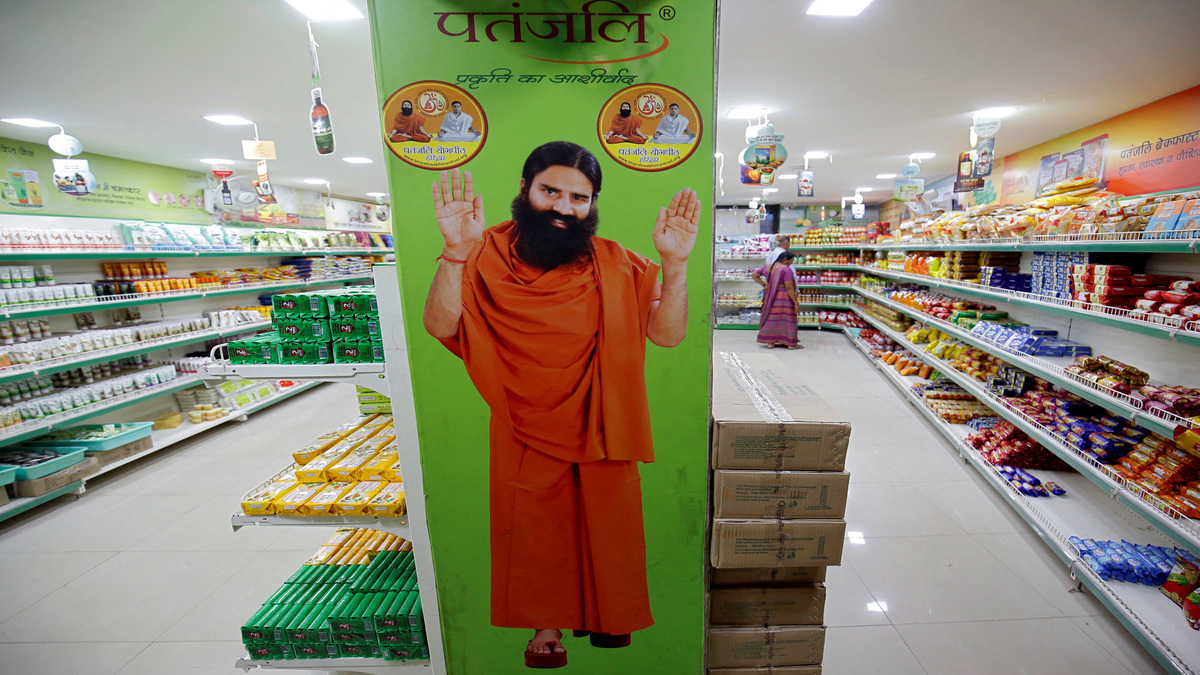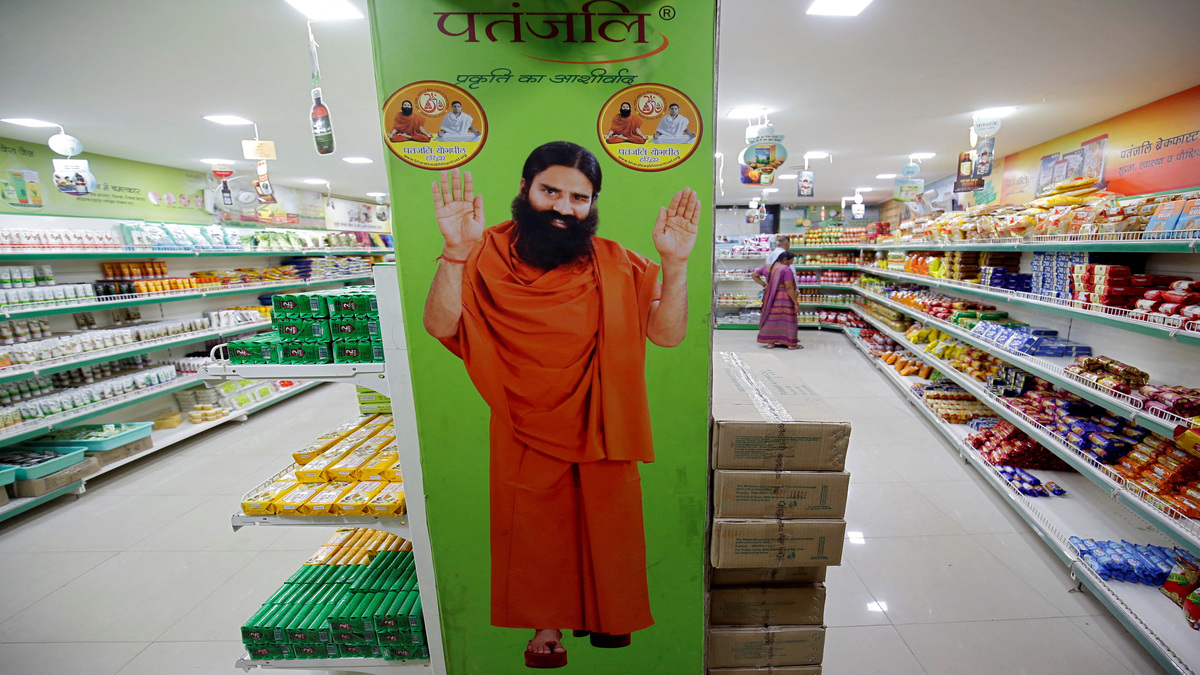The highly controversial National Eligibility cum Entrance Test (NEET) for admission to medical and dental colleges in the India took place on Monday. And immediately afterwards, the huge stream of complaints from all corners of the country showed the sheer incompetence, bias and insensitivity of the Central Board of Secondary Education (CBSE) in conducting the exam.
After NEET started a few years ago, a Supreme Court bench headed by then chief justice of India Altamas Kabir had scrapped NEET. State medical entrance exams were resumed and went on without a hitch. The NEET was reinstituted after another judgement reversed the earlier one.
NEET replaces all state-based medical entrance exams and has been strongly opposed by multiple non-Hindi states. Students from state boards form a stupendous majority of medical aspirants in every non-Hindi state. An analysis of NEET results shows a super-dominance of central board students while state board students dominate the state medical entrances. The skew in favour of CBSE students in NEET ranks shows how state board students are marginalised in this unequal playing field. But even then, it was steam-rolled without caring about the public opinion in these states.
The most serious complaints have come from West Bengal and Gujarat. Both these states had to fight even to get question papers in Bangla and Gujarati languages for NEET.
At first, CBSE didn’t agree. It did so only after a lot of pressure from students studying in the two languages. Notwithstanding the huge disadvantage that these students face due to a biased CBSE syllabus, they went forward and took NEET. But CBSE had other plans. One would imagine that a common medical entrance test would also have a common question paper for all students. Not so for the CBSE-organised NEET.
They created different question sets for different languages. But the differences weren’t merely typographical. The Bangla and Gujarati language question papers were much tougher than the Hindi language one. This is a scandal that victimises particular linguistic groups. Is it accidental that Gujarat and West Bengal were also among the more vocal states who demanded question papers in their own languages?
While CBSE gave in to their demand, no one had imagined that the question sets itself in those languages would be different and tougher from those that were printed in Hindi. CBSE had never mentioned that there would be different question sets for different languages. How can such a test be called “uniform” especially when uniformity was the much-touted principle that was given in support of NEET?
The discrimination, however, did not stop there. Even the number of questions were different in Hindi and Bangla question sets. This means that each error would cost much less to a Hindi aspirant than it would to a Bangla aspirant. Naturally, Gujarati and Bangla medium students will rank much lower or not at all in the NEET merit list.
Now here is the catch: CBSE schools do not teach in Gujarati or Bangla. All Gujarati or Bangla medium schools are affiliated to their state boards. Thus, whatever small chances that Gujarati and Bangla aspirants had in spite of a biased CBSE syllabus was also systematically destroyed. But who gained from this vis-a-vis state quota seats of Gujarat and West Bengal? Obviously, students from non-Bangla and non-Gujarati medium schools in the two states. Most of these schools are affiliated to Delhi-headquartered boards like the Council for the Indian School Certificate Examinations (CISCE) or CBSE. It is a shame that such a game was played with the future of lakhs of students whose only “fault” was that they studied in Bangla or Gujarati medium schools.
The West Bengal state government has taken very serious note of this. Not at all enthusiastic about NEET in the first place, the state government has declared that it will pursue this discrimination and take it “as far as it needs to be taken”.
Partha Chatterjee, West Bengal’s higher education minister has said that he will write to the CBSE on this issue and has perceptively pointed out that this different and tougher question paper was “an attack on the merit of the students of Bengal”.
“Students from the state are being deprived deliberately. We strongly protest this discrimination on the part of the CBSE,” he had said.
The minister had also said that the West Bengal medical education directorate would be consulted and that the state would seek a re-examination. This intervention has Chief Minister Mamata Banerjee’s support.
West Bengal has already pulled out of the India-wide common engineering entrance test about which Chatterjee said, “They (Centre) had tried to do something similar with the engineering entrance exam as well but we had strongly opposed it.”
For West Bengal, this is especially shocking since West Bengal’s Joint Entrance Board has a multi-decade-long experience in conducting medical entrance exams without leaks or hitches. It is unclear why West Bengal has to suffer due to the centralising whims of Delhi’s agencies and for the benefit of students affiliated to Delhi-headquartered boards.
The problems with the NEET on Monday didn’t end there. Question paper leaks were reported from the Hindi-states of Bihar and Rajasthan. This is a shocking level of incompetence, if not a conspiracy. Why is it that äll-India exam question paper leaks never happen solely in a non-Hindi state but always in Hindi states? Is it pattern accidental? These questions cannot be brushed aside when we look at Chatterjee’s statement about the tougher Bangla question paper when he says: “The CBSE must have done this at the behest of somebody.”
Experts have claimed that the question papers themselves were flawed with certain questions being ambiguous . If such is the state of matters, then what the people have witnessed in the name of NEET is shameful. But it does not even end there. Female students in Kerala were forced to remove their underwear for the exam. Many of them have been psychologically traumatised and hence their exam preparation has been made completely useless. This has created an uproar in Kerala.
Chief Minister of Kerala P Vijayan tweeted on Monday: “Complaints have arisen about the conduct of NEET exams. Condemnable conduct of invigilators amounts to human rights violation.”
The NEET has created a booming business for CBSE schools and NEET specific coaching centres. Kota in Rajasthan has an infamous mini cottage industry which runs exam preparation centres. The city has also been in news for a huge number of suicides among students in such coaching classes. NEET, thus, is anti-poor, against vernacular medium schools and anti-state boards. That is basically the majority of students in India.
That these issues have been easily brushed aside by the Medical Council of India and CBSE shows the intersectional caste-class-language elitism of those who control these agencies. For the good of all, NEET needs to be scrapped. The Tamil Nadu government has already prepared a bill to exempt Tamil Nadu from NEET and sent it for Presidential assent. Given the recent alignment of the President of India in favour of centralisation of all powers, the assent seems highly unlikely.
NEET is a neat way to roll back the small gains that rural vernacular students of non-Hindi states have been able to make in terms of career. It has to go. No institution or agency or their whims and conspiracies are more important than the people.


)




)
)
)
)
)
)
)
)